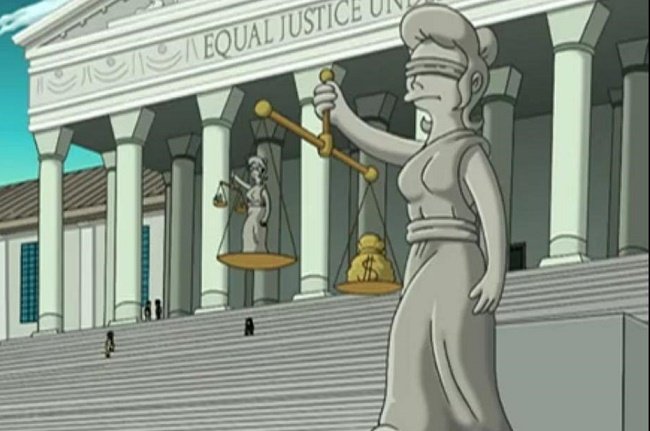Now Bad Foreclosure Lawyers Won’t Have The Rocket Docket As An Excuse For Losing
Florida’s infamous Rocket Docket, the streamlined, high-speed processing of foreclosure cases will be disappearing starting July 1st, after six years as the number of new cases continues to decline.
After June 30, The Florida Legislature is no longer funding a statewide program after June 30th to hire retired judges to work part-time handling the deluge of foreclosure lawsuits that have flooded Florida courts since the real estate crash began in 2006.
What that will mean for lenders and homeowners isn’t clear.
Lee County Clerk of Court Linda Doggett told the News-Press in Fort Myers, “Starting July 1, the circuit will no longer have judges doing foreclosures exclusively. They’re going to roll those cases into the regular dockets and it will slow down the disposition.”
Doggett said that only 101 new foreclosures were filed in Lee County courts in April compared to the 2,665 filed in October 2008, the peak of the foreclosure crisis. The 20th Circuit is reporting that by April, the number of foreclosure cases filed had fallen to 1,853, the lowest since before the crash.
Since then, even the term rocket docket, with its emphasis on speed, has become controversial as the dockets evolved.
In a Rocket Docket situation, the lawyers for the foreclosing party and the homeowner and/or their attorney, approach the bench and homeowner gets roughly 3-5 minutes to argue enough of their case to show the judge the homeowner has valid defenses. The logic is that this weeds out the people with conspiracy theories and people with little or no defenses for not making their payments. If the homeowner has valid defenses or a legitimate case the file is bound over for trial or a ordered into some type of mediation.
The Rocket Docket is also what separates the good lawyers from bad lawyers. The bad lawyers have to do the walk of shame like a hungover college girl who just had a drunken one-night going back to their office. They then have to explain to their client how they failed and that the family who paid them to keep them in their home now faces the prospect of living in a card box under the Interstate.
Instead of taking responsibility for not being able to “close the deal” and being too much of a coward to face the wrath of the client, the attorney points the finger at the judge and everyone else involved in the case.
Contrary to what attorneys like Matt Weidner and Mark Stopa post on their blogs about the difficulty of fighting foreclosures in Florida, Florida is by far one of the easiest states to fight a foreclosure. It’s apparent that both these guys have never fought foreclosures in other states especially in non-judicial states like Michigan and Colorado which have implemented a more draconian version of the Rocket Docket.
Spokeswoman for the 20th Judicial Circuit, which includes Lee, Collier, Charlotte, Hendry and Glades counties, Sarah Miles dismissed the idea the court was basing its procedures and rulings on speed and efficiency.“For the past four years no rocket docket has existed in any county of the circuit. Foreclosures are handled in a judicious manner in terms of setting a reasonable number of cases in a reasonable time period. We have a foreclosure case management system that has effectively reduced the foreclosure backlog while ensuring due process of all parties.”
MFI-Miami clients survive the Rocket Docket because we help our attorneys construct a compelling argument that can be explained to a judge in under three minutes and we make it so the judge finds it compelling enough to let our client’s attorney speak for 5-10 minutes or move to have another hearing.



